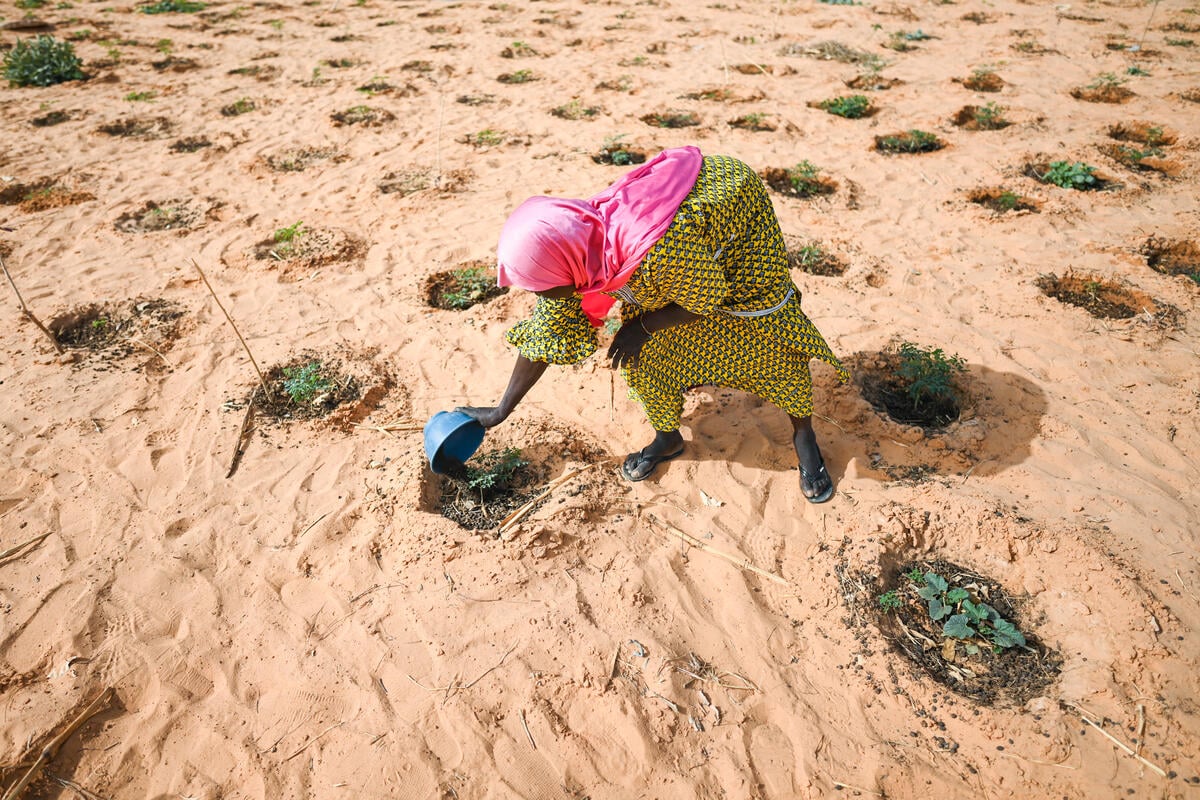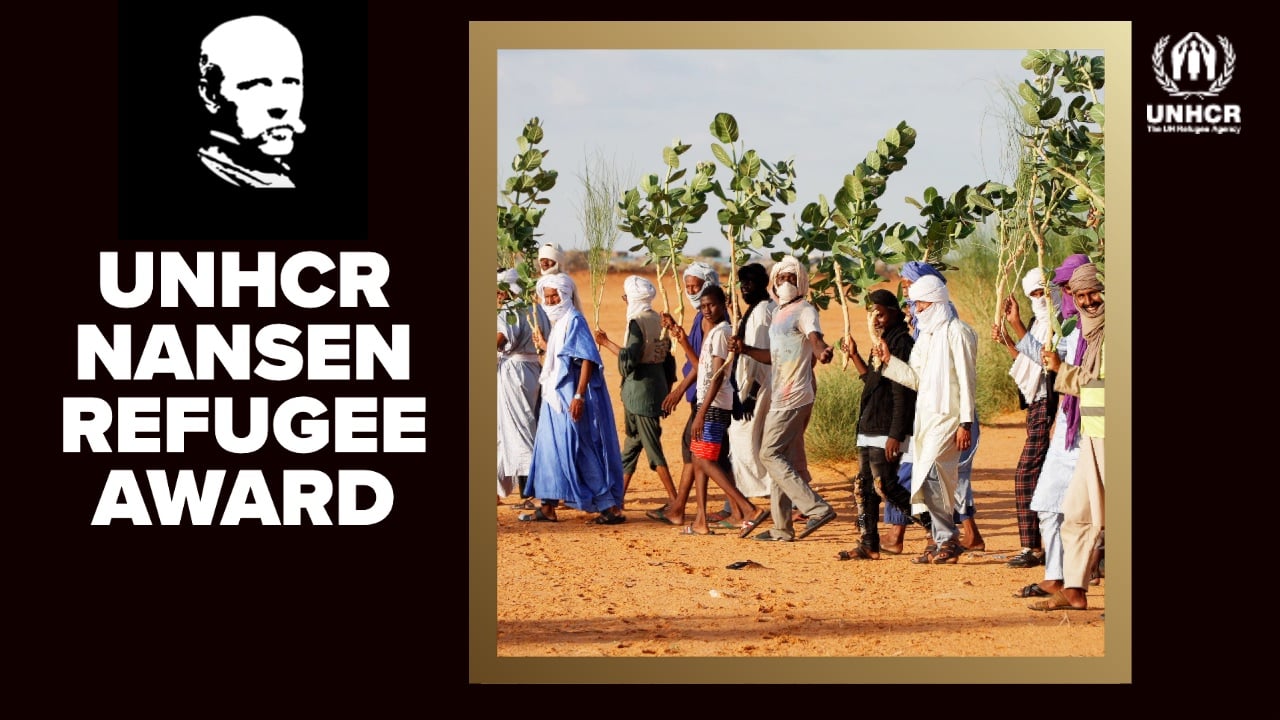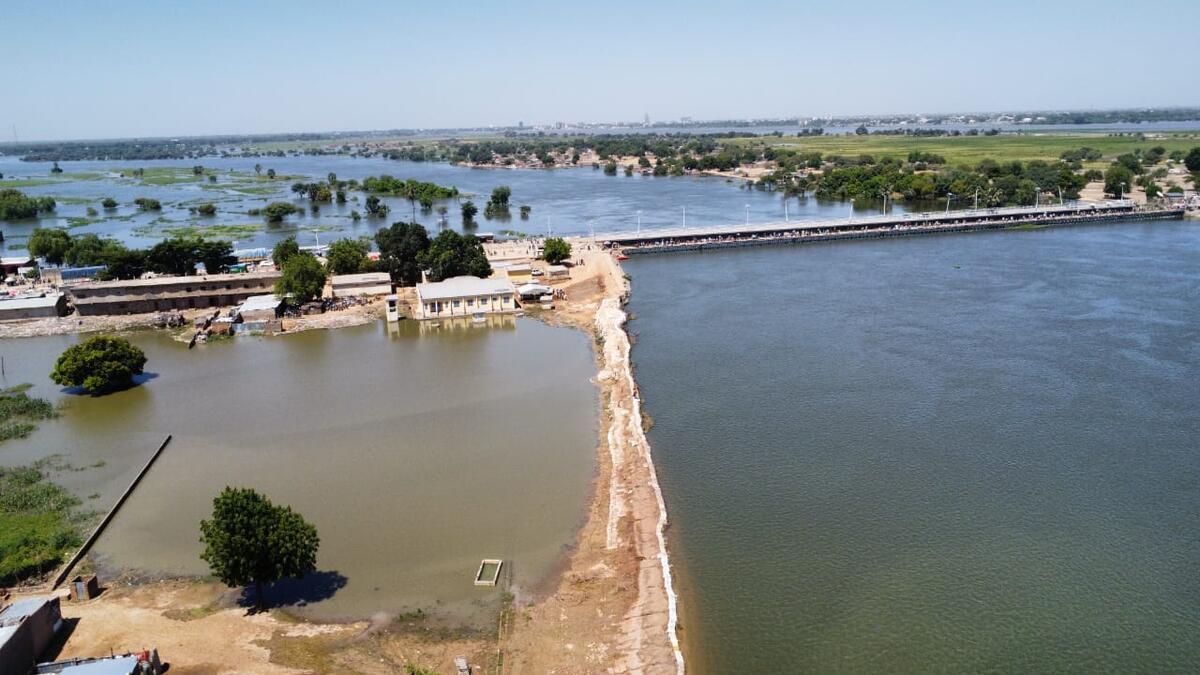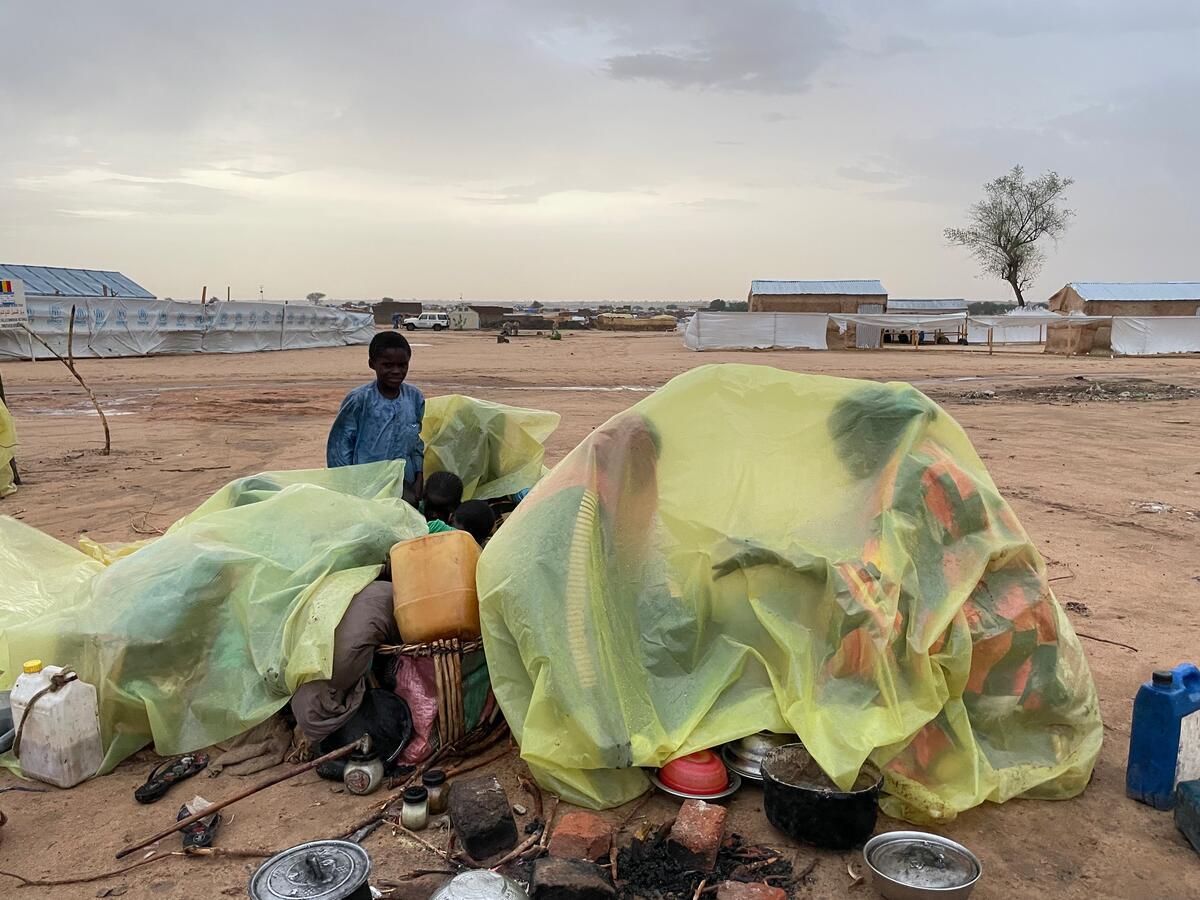Amidst escalating violence in Mali, UNHCR issues new protection guidelines
Amidst escalating violence in Mali, UNHCR issues new protection guidelines
In light of the deteriorating humanitarian and security situation, UNHCR, the UN Refugee Agency is urging States to provide protection to people fleeing conflict-affected areas in Mali.
While not all Malians may be in need of international protection, many from the northern region (Timbuktu, Gao, Kidal, Taoudenni and Menaka), central region (Mopti), some parts of the southern region (Koulikoro, Ségou and Sikasso) and border areas with Niger and Burkina Faso are likely to need asylum.
Persistent violence amongst armed groups and inter-communal clashes continue to affect northern Mali, and have now spread to other regions. Some armed groups affiliated with Coordination des mouvements de l’Azawad (CMA) and the Platform, a loose coalition of militias, have failed to respect the 2015 Peace and Reconciliation in Mali agreement. The conflict has been further escalated by Islamist extremist groups.
The ongoing insecurity has weakened the authority of state institutions in some parts of the country, particularly in the northern and central regions. Civilians, politicians and civil servants and security forces are being targeted and killed. Nearly 200 peacekeepers have been killed since 2013, making it the deadliest peacekeeping operation in the world. People who collaborate with national or international defence forces subsequently find themselves targeted for attack.
Local populations, particularly in the central regions, report widespread human rights violations including summary execution, disappearances, torture and arbitrary arrest. Smugglers and traffickers are able to operate with impunity.
The crisis has had a devastating and disproportionate effect on children. Children are being forcibly recruited by armed groups, kidnapped and killed. More than 285,000 children are being denied an education due to school closures, predominantly in the Mopti region. Girls are being raped and sexually assaulted.
Humanitarian access is severely restricted, creating significant difficulties in providing sufficient access to health, water and sanitation. Drought and desertification in the Sahel have exacerbated the already scarce availability of food.
An estimated 3.4 million Malians are in need of humanitarian assistance, approximately 2.9 million of whom are in areas of the country affected by the ongoing conflict. Meanwhile, nearly 140,000 Malian refugees have been forced to flee to neighbouring countries, mainly Burkina Faso, Mauritania and Niger since 2013.
Within this context, UNHCR urges States to provide access to territory and asylum procedures to people fleeing the conflict in Mali. Nobody from the conflict-affected regions should be forcibly returned to Mali. The remaining parts of the country should not be considered as an appropriate alternative to asylum until such a time that the security, rule of law and human rights situation in Mali has significantly improved.
For more information on this topic, please contact:
- In Geneva, Charlie Yaxley, yaxley@unhcr.org, +41 79 580 8702








